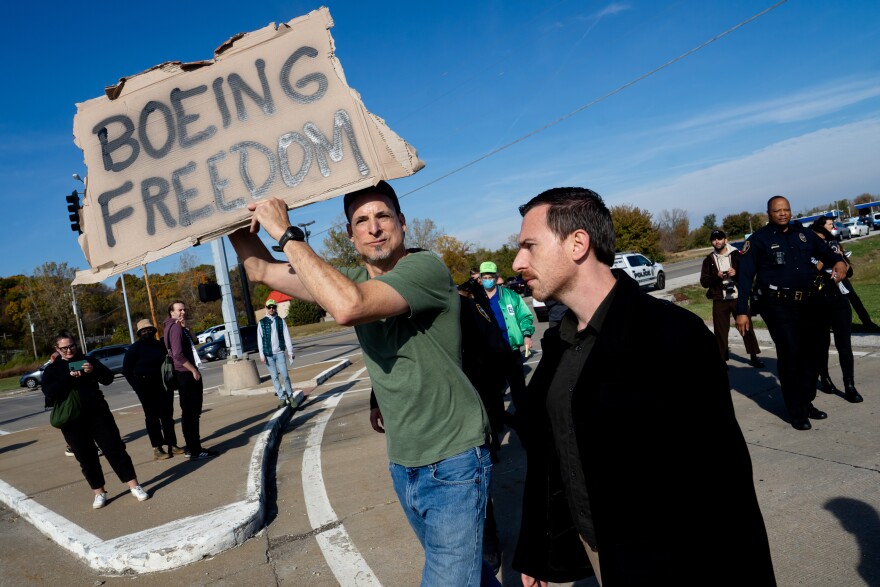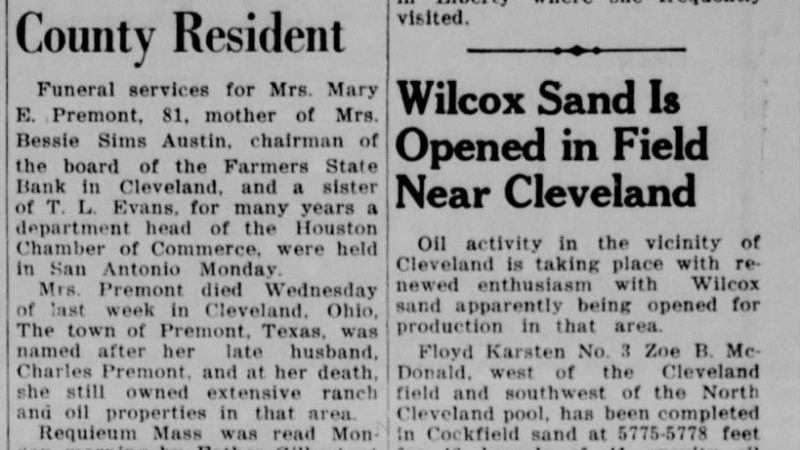Boeing Portland Protest

The Boeing Portland protest stands as a testament to the intersection of corporate interests, environmental concerns, and the ongoing debate over military contracts. In the heart of Portland, Oregon, a clash unfolded, igniting discussions on the ethical responsibilities of corporations, the environmental impact of aerospace manufacturing, and the role of activism in shaping corporate practices.
The Backdrop:
Boeing, one of the world’s leading aerospace companies, has long been a symbol of technological prowess and innovation. With a significant presence in Portland, the company’s operations have garnered both praise and criticism. While Boeing provides jobs and contributes to the local economy, its manufacturing processes have come under scrutiny for their environmental footprint and alleged ties to the military-industrial complex.
The Trigger:
The catalyst for the protest emerged when reports surfaced linking Boeing’s Portland facility to the production of components for military aircraft. Activist groups, environmentalists, and concerned citizens mobilized, calling attention to the ethical implications of Boeing’s involvement in the defense industry. The prospect of weapons manufactured in their own backyard ignited a wave of dissent among Portland residents, leading to calls for accountability and change.
The Protest:
On a crisp morning in downtown Portland, protesters gathered outside Boeing’s facility, brandishing signs and chanting slogans demanding an end to military contracts. Their message was clear: Boeing must prioritize peace over profit and redirect its resources towards sustainable endeavors. The protest drew individuals from all walks of life – students, workers, environmentalists, and pacifists – united by a common cause.
The Dynamics:
As the protest gained momentum, tensions simmered between the demonstrators and Boeing’s representatives. While activists sought dialogue and compromise, Boeing maintained its stance, emphasizing the importance of fulfilling contractual obligations and supporting national defense efforts. The standoff encapsulated the broader struggle between corporate interests and grassroots activism, highlighting the complexities of effecting change within established systems.
The Voices:
Amidst the cacophony of chants and counterarguments, voices emerged to offer perspectives from all sides of the debate. Proponents of the protest highlighted the moral imperative to resist the militarization of society and advocated for a shift towards sustainable, civilian-oriented production. Conversely, defenders of Boeing stressed the necessity of maintaining national security and the role of aerospace companies in safeguarding the country’s interests.
The Impact:
Beyond the immediate confines of the protest site, the ripple effects of the Boeing Portland demonstration reverberated through local and national discourse. Media coverage brought attention to issues of corporate accountability and militarism, prompting soul-searching within communities and boardrooms alike. While the protest may not have led to immediate policy changes, it served as a catalyst for ongoing dialogue and raised awareness about the interconnectedness of economic, environmental, and ethical concerns.
The Aftermath:
In the aftermath of the protest, both Boeing and its critics were left to grapple with lingering questions about the company’s role in society. Calls for transparency and ethical oversight grew louder, prompting Boeing to reassess its practices and engage in discussions with stakeholders. While the path forward remains uncertain, the protest underscored the power of grassroots movements to hold corporations accountable and advocate for a more just and sustainable world.
Conclusion:
The Boeing Portland protest encapsulated the complexities of modern activism, where issues of corporate accountability, environmental stewardship, and military involvement converge. As protesters took to the streets to challenge the status quo, they reignited a conversation about the responsibilities of corporations in shaping the future of our planet. While the outcome of the protest may be uncertain, its impact resonates as a reminder that change begins with the collective voice of the people, united in pursuit of a better world.





